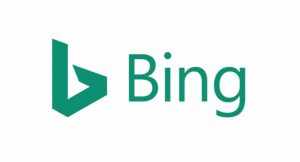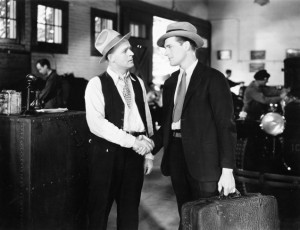If you are a sales leader, part of a sales team, or a solo entrepreneur you have a sales methodology of some type – your preferred way of selling. Does your method include building rapport with your prospects? Paying attention to their specific needs? Listening to their concerns and offering solutions without making a full-blown, script-following sales pitch? If you’re not doing those things already, or if you want to improve what you’re doing, read on for some simple steps to make your consultative selling more effective.
What is Consultative Selling?
Consultative selling is a way of selling that puts the customer’s needs first. Their needs are discovered by the salesperson through research and preparation, and really focusing and drilling down into customers’ answers. Consultative selling is not the hard-pressing, aggressive sales pitch of days gone by. Instead, those attributes are replaced by rapport, knowledge, flexibility, and meeting customers where they are so they receive a product that is tailor-fit to their business.
This approach focuses on salespeople asking the right questions to engage customers in a dialogue so their needs are identified. It requires salespeople to request a lot of feedback and to really hear what the customer is saying. Communication is a key point in the consultative sales methodology, and it can make a huge difference in meeting your sales goals.
Steps to Optimize Your Consultative Selling
The following are steps to get you started with consultative selling.
Get to Know Your Customer
Before you meet with your prospective customer, you need to do your homework. Finding out as much as you can about the person you will be meeting with, as well as the company. Social media, Yelp reviews, LinkedIn, and the company website are some good places to start. The more research you do, the more knowledge you will have, and the more likely you will be able to count on a closed deal at the end of the process.
It’s also important to understand the company’s competition. Are they doing something that your prospective client isn’t? And are they successful with it? You may find that your product will help your customer become a better competitor. That will be a selling point in itself.
Ask, Don’t Tell
When you meet with your prospective customer, you don’t want to come out with your guns blazing, ready to put them into your product right away. Building a relationship will go a lot further than simply presenting the product that you think is best for them. Ask probing, open-ended questions to encourage a dialogue – don’t just make a presentation. The idea behind consultative selling is that you open lines of communication, act in your customer’s best interest, and foster a relationship that will last long after your first deal is closed.
Listen Actively
Of course, it follows that when you ask questions, you need to pay attention to your customer’s answers. Don’t just listen, listen actively. That means that you give your customer your full attention and you listen for the things that they aren’t telling you. In an article on Docurated’s website, successful consultative salesperson, Ariana Amplo, says this, “Find out about their challenges and goals…if you ‘listen’ carefully you’ll probably learn the most important is not the first one they tell you, it’s the second or third. If they aren’t talking 80% of the time at the beginning, you are doing it wrong. You will not receive enough information to consult on. Period. From there, it’s easy.”
Use Your Product as Proof of the Solution
Consultative selling is not a sales pitch and then on to the next prospect. The customer must see value in your product and you cannot be ready to present it until you know what the prospect’s needs are. Once you’ve established the prospective customer’s needs, then you can use the specific product to show them why it is the right solution for them.
The following is an example from Selling Power Magazine’s article, Consultative Sales Strategies:
In consultative selling, the salesperson uses the product to demonstrate the proposed solution that emerged from asking the usage scenario questions. For example, a salesman for a company that makes inventory control systems might say, “You told me that, if at the end of each month you could view a report of inventory sorted by date of last use, then you could reduce overall costs. Now let me show you how easy it is to get that report.”
Follow-Up
As with any sales methodology, follow-up is crucial. You aren’t going to close a deal on the first try every time. So your follow-up has to be timely, thorough, and thoughtful. Be patient with your prospect, it may take time to go through the hoops within their company’s hierarchy. But always keep in touch. Whether you do that by sending them relevant content via email, interacting on social media, or contacting them directly by phone, keep yourself and your product in front of them.
Business & Finance Articles on Business 2 Community(109)
Report Post



